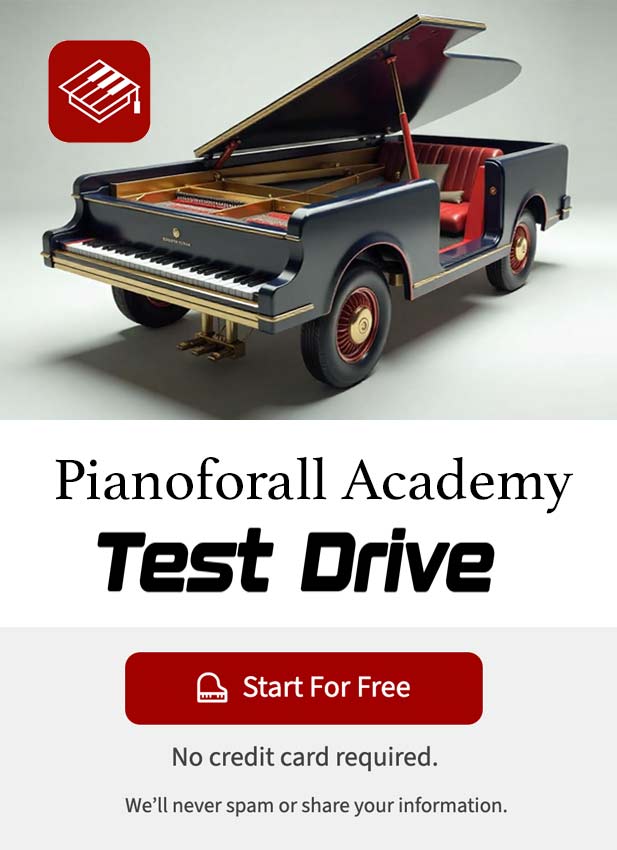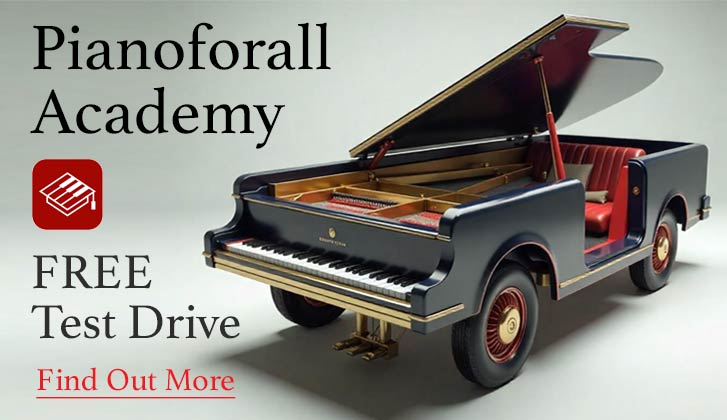When it comes to choosing between a digital keyboard and an acoustic piano, it’s not just about budget or space. It’s about how you want to play, where you want to play, and how much flexibility or tradition you want in your musical life.
Both options come with unique pros and cons—and the best choice will depend on your goals, your environment, and your feel for the instrument.
Acoustic Pianos: The Classic Experience
There’s nothing quite like sitting at a real piano. The sound, the resonance, the physical response—they’re timeless. Acoustic pianos have a depth and presence that even the best digital pianos still struggle to fully replicate.
But here’s the catch:
If you live in an apartment, have light-sleeping kids, or like to practice at midnight, an acoustic piano might make you less popular with the neighbours.
A Quick Buying Tip:
If you’re buying second-hand, choose an overstrung piano, not a straight-strung one.
- Straight-strung pianos have vertical, parallel strings—less resonance.
- Overstrung pianos have crossed strings (like an X), and offer richer, more complex sound.
Just pop open the lid and check the tuning pins—if they’re grouped on either side with criss-crossing strings, that’s what you want.
Also, consult a piano tuner before you buy. Some older pianos may have loose tuning pins or structural issues that aren’t obvious at first.
Digital Keyboards: Practical, Portable, Powerful
Digital keyboards are marvels of convenience and versatility. Want to practice in silence with headphones? Easy. Want to play electric organ or strings? Press a button. Want to record yourself or use built-in lessons? It’s all there.
They’re perfect if you:
- Live in a small space
- Need to practice without disturbing others
- Want a wide range of instrument sounds
- Gig or travel with your gear
- Are just starting out and want a more affordable entry point
Digital Piano vs Keyboard: What’s the Difference?
Not all digital instruments are equal. If you want something that feels like a real piano, look for digital pianos or keyboards with weighted keys. This makes a massive difference to your playing, especially as you move into more expressive pieces.
Avoid ultra-light plastic keys unless you’re buying a travel keyboard or something very portable. They can make your playing feel more like typing emails than making music.
If you’re deciding right now, this plain-English keyboard buying guide will help.
How Many Keys Do You Really Need?
A full-size piano has 88 keys. But when you’re just starting out or short on space, aim for at least 61 keys. Anything less can limit your repertoire very quickly—especially if you want to play classical or jazz.
Don’t Forget the Sustain Pedal
This one’s huge—and often overlooked.
If your keyboard doesn’t come with a sustain pedal, buy one immediately.
Without it, the moment you lift your finger, the sound cuts off—abrupt and unnatural. A sustain pedal lets notes ring out and gives your playing much more expression. It’s essential, even for beginners.
Final Thoughts: Piano or Keyboard?
There’s no one-size-fits-all answer. Some people even choose to have both—a real piano at home, and a keyboard for quiet practice or travel.
Choose an acoustic piano if you want rich sound, a traditional playing experience, and don’t mind the maintenance or volume.
Choose a digital keyboard if you need flexibility, portability, headphone use, or want to explore multiple sounds.
Mke sure it fits your life and encourages you to play regularly. After all, it’s not the instrument—it’s the time you spend with it that truly counts.
Whichever you choose, start playing real songs fast with our Learn Piano Online guide.


